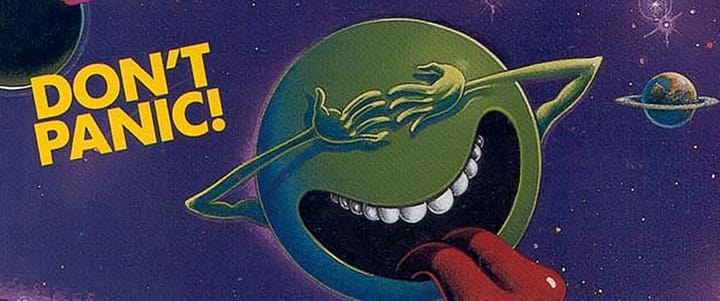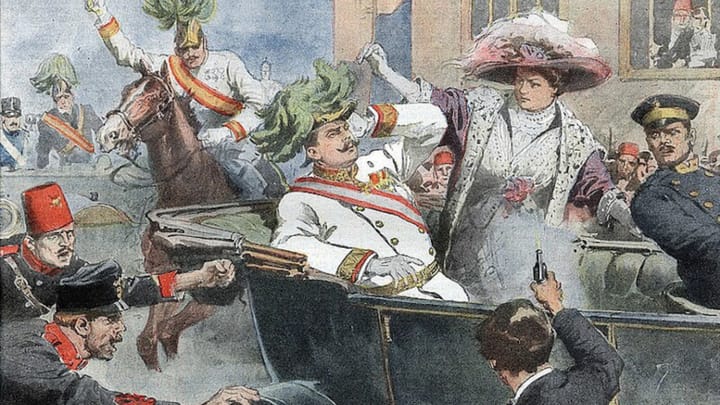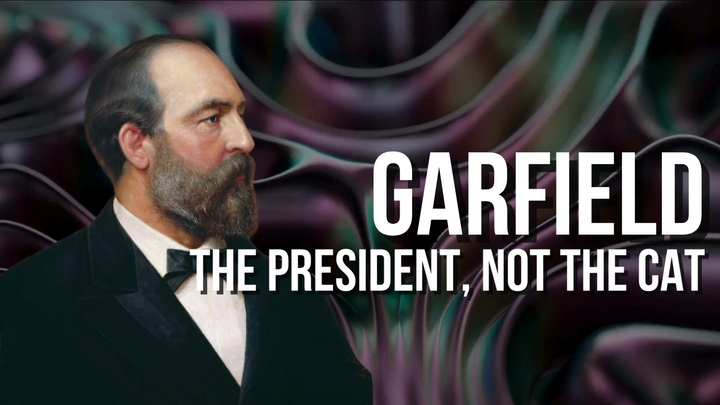We're entering an era of history where anything can happen.
From the war in Israel to the effects of human-caused climate change, we live in a much more chaotic and dangerous world than we're used to.

Right now, October 2023, the eyes of the world are focused on the war involving Israel and Hamas. It's still in its early stages, and the very real possibility exists that it will spread, drawing in other countries in the Middle East region or otherwise upending the political order. I try to comment on current events less than I used to, but it seems hard to let this one go by without some sort of observation on it. In the past few weeks, since Hamas's attack on October 7, I've seen too many arguments erupt (especially online) to make me willing to offer my opinion on the substance of the conflict--trust me, I do have one--and I'm going to keep that to myself at the moment. But in a broader sense, a historical sense, the conflict is a clear indication of what I've known for a long time, and which seems increasingly evident every day: that we are now deeply immersed in an era of history markedly different than the one most of us have spent our entire lives in, and for which few of us are at all prepared.
The header of this article is an image of a black swan. Let's talk for a moment about the term "black swan," which you hear sometimes when people try to game out what the future holds. For the uninitiated, a "black swan event" is something catastrophic and rare, which, while possible, has little statistical likelihood, but would change absolutely everything if it did occur. The paradigm example is a large asteroid striking the Earth. The idea of a black swan event hovers on the fringes of a lot of elements of more mundane daily life. In the law, the term force majeure, which means unforeseen dire consequences that cannot be reasonably anticipated, lurks as an escape hatch from almost every contract. Whatever insurance policies you may have on your house, car or your spouse's life probably not only contain the words force majeure, but also the term "Act of God." These are essentially referring to black swan events, or some species of wild contingency that is at least akin to what people mean when they talk about black swan events.
With all due respect to your lawyer or your insurance agent, taking a long view of history there is really no such thing as a black swan. Clearly there are major events, unforeseen by most people at the time, that effect wide-scale systemic change. But often these events are triggers, rather than causes, of historical change. Right now I'm working on a deep-dive YouTube video about the collapse of five great dynasties in European and Asian history--the Habsburgs, Hohenzollerns, Romanovs, Aisin-Gioro (Manchu/Qing), and Ottomans--during the World War I era, roughly 1905 to 1920. The spark of the First World War was the assassination of Archduke Franz Ferdinand in Sarajevo on June 28, 1914. In some sense you could call the assassination a black swan event, but the underlying causes of the collapse of the dynasties, from the Industrial Revolution to the pressure-cooker of imperialism, were building over many decades. The assassination is just what set it off. Even if astronomers announced tomorrow that an asteroid was headed toward Earth and would be here in a year, how the world would react to that news would be significantly shaped by its recent, and sometimes it very deep, history. Nothing happens in a vacuum.


